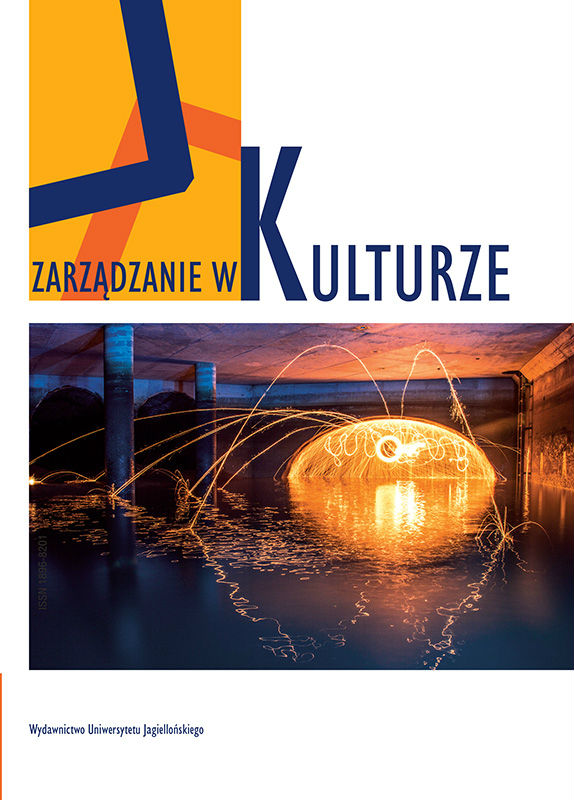The Role of Formal Belief and Religious Indifference in Accepting the Conformist Social Orientation in Post-Soviet Society: The Lithuanian Case
The Role of Formal Belief and Religious Indifference in Accepting the Conformist Social Orientation in Post-Soviet Society: The Lithuanian Case
Author(s): Irena Eglė LaumenskaitėSubject(s): Social Sciences, Sociology, Theology and Religion
Published by: Wydawnictwo Uniwersytetu Jagiellońskiego
Keywords: formal belief; religious indifference; quantitative research; oral life histories; collective religious identity; social orientations; social conformism
Summary/Abstract: The studies of present religious situation in Eastern Europe based mainly on quantitative surveys show differencesfrom the Western Europe secularization process and detect more contradictory changes here, but they only draw inferences on the religious past about the post-Soviet situation in different Middle and Eastern European countries. The novelty of this study is to analyze how former social experiences have influenced the social life of present formal believers and the religious indifferent in Lithuania, who are representedby numerous vague Catholics as well as an indefinite group of religious indifferent formed during the Soviet regime and due to the peculiarities of their social and personal experiences. Two types of empirical research methods (quantitative and qualitative) are used for the research question,applying the development principlein a sequence with the ‘quantitative preliminary’ and ‘qualitative follow-up’ for elaboration, enhancement, illustration, and clarification of the results from one method with the results from the other one. This yieldsa better understanding of the religious attitudes and social behavior of this group. Meanwhile the complementarity principle,where two methods of empirical research are used to assess different aspects in forming a new social group of vague Catholics and religious indifferent,gives possibility to analyze how the experiences of the Soviet regime manifestthemselvesin their personal lives of the post-Soviet situation with forming a specific phenomenon in the direction of religious identity and general social orientations. On the basisof oral life histories three types of religious indifference are distinguished.
Journal: Zarządzanie w kulturze
- Issue Year: 16/2015
- Issue No: 4
- Page Range: 403-426
- Page Count: 24
- Language: English

